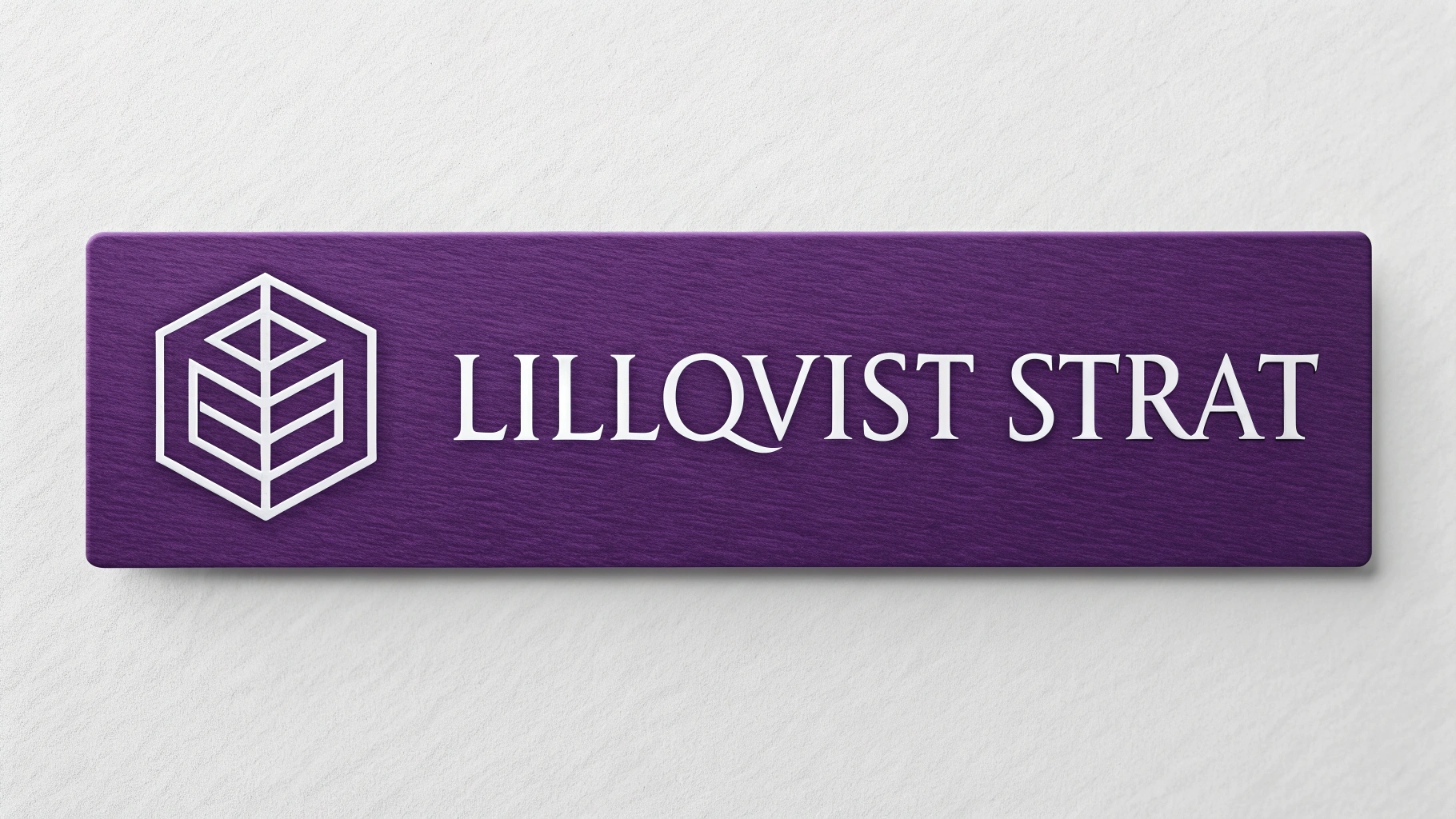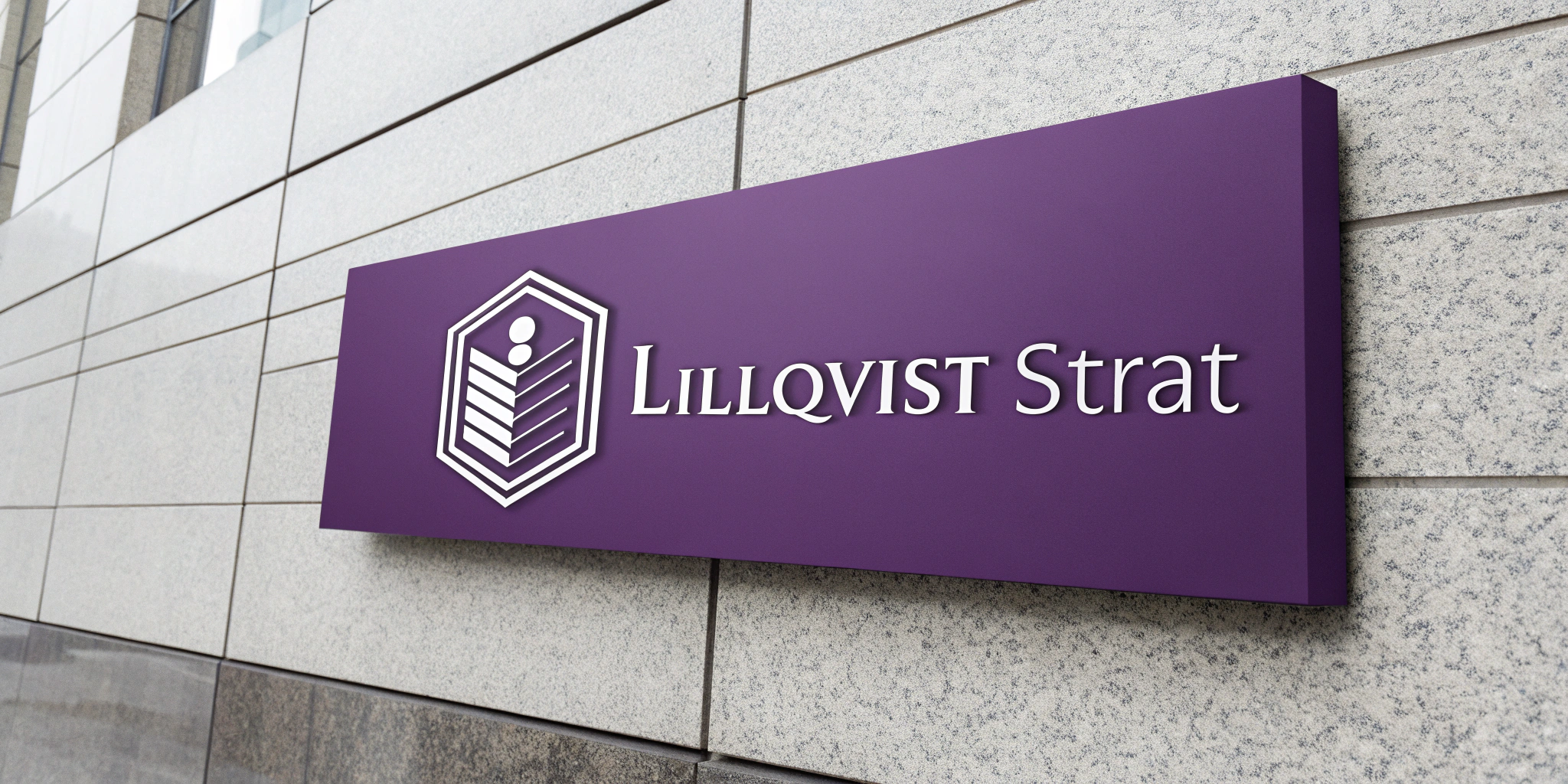Use MongoDB and Python to Track Customer Loyalty Data Clothing stores can leverage MongoDB to store customer loyalty data, including purchase history, accumulated points, and redemption activities. By automating this process with Python, you can easily retrieve and update loyalty records in real-time, enhancing your store’s ability to track customer
retail
Clothing retailers can use Python and machine learning models to dynamically adjust prices based on real-time demand, seasonality, and customer preferences. By analyzing historical sales data and other market variables, you can create a pricing strategy that maximizes revenue and competitiveness. Implement AI Models in Python to Dynamically Adjust Prices
Use MongoDB to Store Customer Data and Pandas for Segmentation Clothing retailers can leverage MongoDB to store extensive customer data, such as purchasing habits, demographics, and engagement metrics. By using pandas for data manipulation and segmentation, businesses can tailor marketing efforts more effectively. Code Example: Automate Personalized Marketing Campaigns Based
Leverage Historical Sales Data to Predict Future Trends By using historical sales data, Lillqvist Strat can build predictive models to forecast future trends and help clothing stores make data-driven purchasing decisions. Code Example: Automate Purchasing Decisions to Avoid Overstocking or Stockouts With accurate demand predictions, stores can automate inventory restocking
Automate Sales Report Generation and Analysis Code Example: Use Pandas for Data Manipulation and Advanced Reporting Code Example: Save Hours in Report Creation with Customized Solutions from Lillqvist Strat Integrate with POS System To automate the integration with your POS system, we can connect the sales data directly from the
Track Stock Levels and Product Availability in Real-Time Code Example: Automate Stock Replenishment Alerts Based on Demand Code Example: Optimize Inventory with AI-Driven Insights and Save Time Code Example: Why Choose Lillqvist Strat? By leveraging Python, MongoDB, and Pandas, Lillqvist Strat helps clothing stores automate inventory management, eliminate stockouts, and
Fraud in retail transactions poses significant challenges to businesses, leading to financial losses, reputational damage, and operational inefficiencies. AI-powered fraud detection helps retailers combat fraud by analyzing purchasing behavior in real time, flagging potential fraud, and automating interventions. By implementing AI models, businesses can significantly reduce losses, improve security, and
Implementing AI-powered pricing and discounting strategies in retail allows businesses to dynamically adjust their prices based on real-time factors such as competitor pricing, demand elasticity, and inventory levels. By automating discounts and promotions for products nearing expiration or low stock, retailers can increase sales while reducing waste. This approach ensures
Demand forecasting is a critical aspect of inventory management in grocery chains. By accurately predicting product demand, grocery stores can ensure they maintain optimal stock levels, reducing both waste and stockouts. Leveraging AI and machine learning can significantly enhance the precision of these forecasts, automating ordering and restocking processes for
As online grocery shopping continues to rise in popularity, the need for fast, efficient, and accurate order fulfillment is critical. To keep up with customer expectations for quick deliveries and a seamless shopping experience, online grocery stores are increasingly turning to automation. AI-powered robots and advanced systems can automate order









